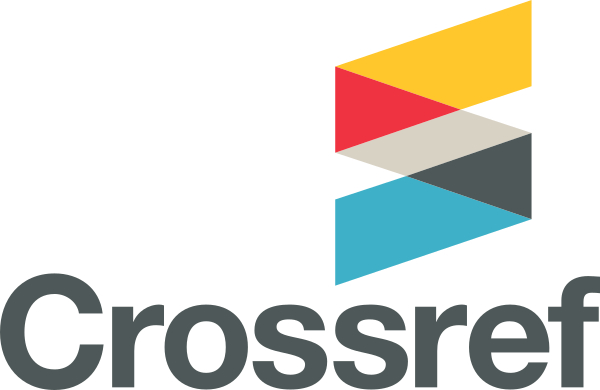JSER Policies
JSER Online
JSER Data
Frequency: quarterly
ISSN: 1409-6099 (Print)
ISSN: 1857-663X (Online)
Authors Info
- Read: 10394
Snezana MATOVSKA
THE
RELATIONSHIP OF THE EDUCATIONAL AND UPBRINGING STAFF IN PRE-SCHOOL INSTITUTIONS
TOWARDS CHILDREN WITH DEVELOPMENTAL DISORDERS AND THEIR TREATMENT-AN IMPORTANT
FACTOR FOR INTEGRATION AND QUALITY OF THE ENTIRE TREATMENT AND PRE-SCHOOL
UPBRINGING OF THESE CHILDREN
Introduction
·
The purpose for the integration in the pre-school
institution
·
The need for the integration in the pre-school institution
·
The results of the integration in the pre-school institution
Personal
experience from the integration in the pre-school institution
·
The relationship of the educational and upbringing staff
towards the child
·
The relationship of the child towards the pre-school
institution
·
(the relationship towards the other children and the relationship towards the staff)
Proposal and suggestions for solving the present situation
·
The completion of legislative and its carrying out in
practice
·
The creation of space and staff possibilities for active
integration of the children with
developmental disorders in the pre-school institutions
·
The preparation of didactic material and the devices for
carrying out the working programme
Conclusion
Share Us
Journal metrics
-
 SNIP 0.059
SNIP 0.059 -
 IPP 0.07
IPP 0.07 -
 SJR 0.13
SJR 0.13 -
 h5-index 7
h5-index 7 -
 Google-based impact factor: 0.68
Google-based impact factor: 0.68
10 Most Read Articles
- PARENTAL ACCEPTANCE / REJECTION AND EMOTIONAL INTELLIGENCE AMONG ADOLESCENTS WITH AND WITHOUT DELINQUENT BEHAVIOR
- RELATIONSHIP BETWEEN LIFE BUILDING SKILLS AND SOCIAL ADJUSTMENT OF STUDENTS WITH HEARING IMPAIRMENT: IMPLICATIONS FOR COUNSELING
- EXPERIENCES FROM THE EDUCATIONAL SYSTEM – NARRATIVES OF PARENTS WITH CHILDREN WITH DISABILITIES IN CROATIA
- INOVATIONS IN THERAPY OF AUTISM
- AUTISM AND TUBEROUS SCLEROSIS
- THE DURATION AND PHASES OF QUALITATIVE RESEARCH
- REHABILITATION OF PERSONS WITH CEREBRAL PALSY
- DISORDERED ATTENTION AS NEUROPSYCHOLOGICAL COGNITIVE DISFUNCTION
- DIAGNOSTIC AND TREATMENT OPTIONS IN AUTISTIC SPECTRUM DISORDERS – AN OVERVIEW
- HYPERACTIVE CHILD`S DISTURBED ATTENTION AS THE MOST COMMON CAUSE FOR LIGHT FORMS OF MENTAL DEFICIENCY
















